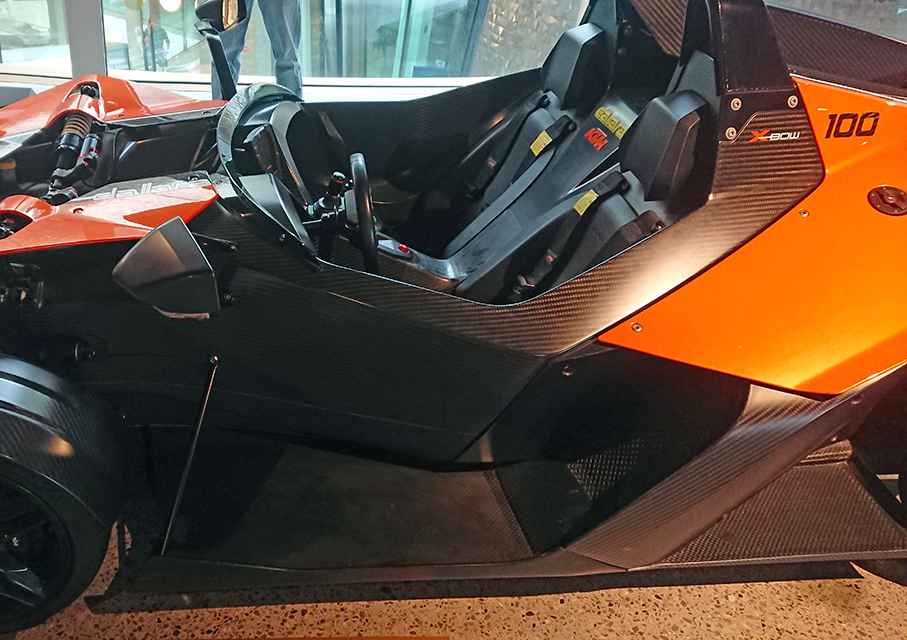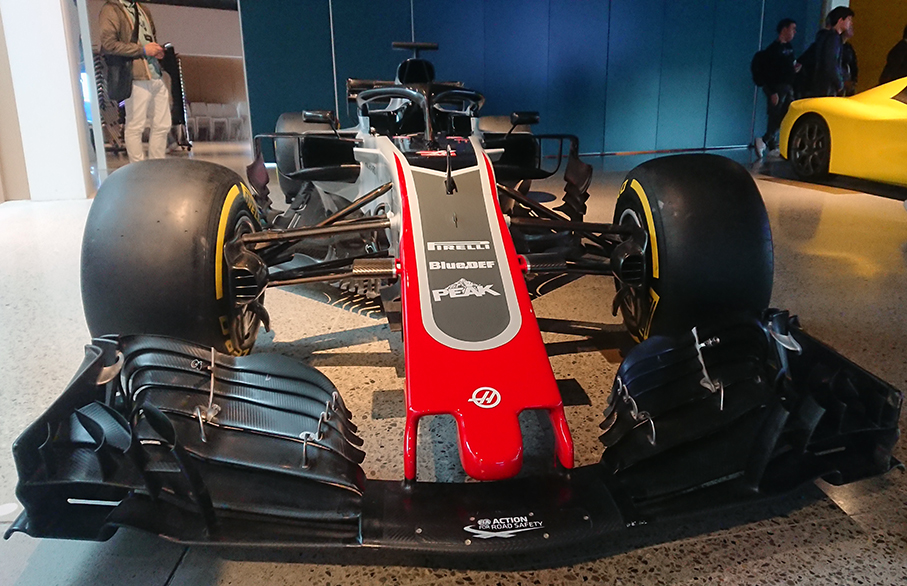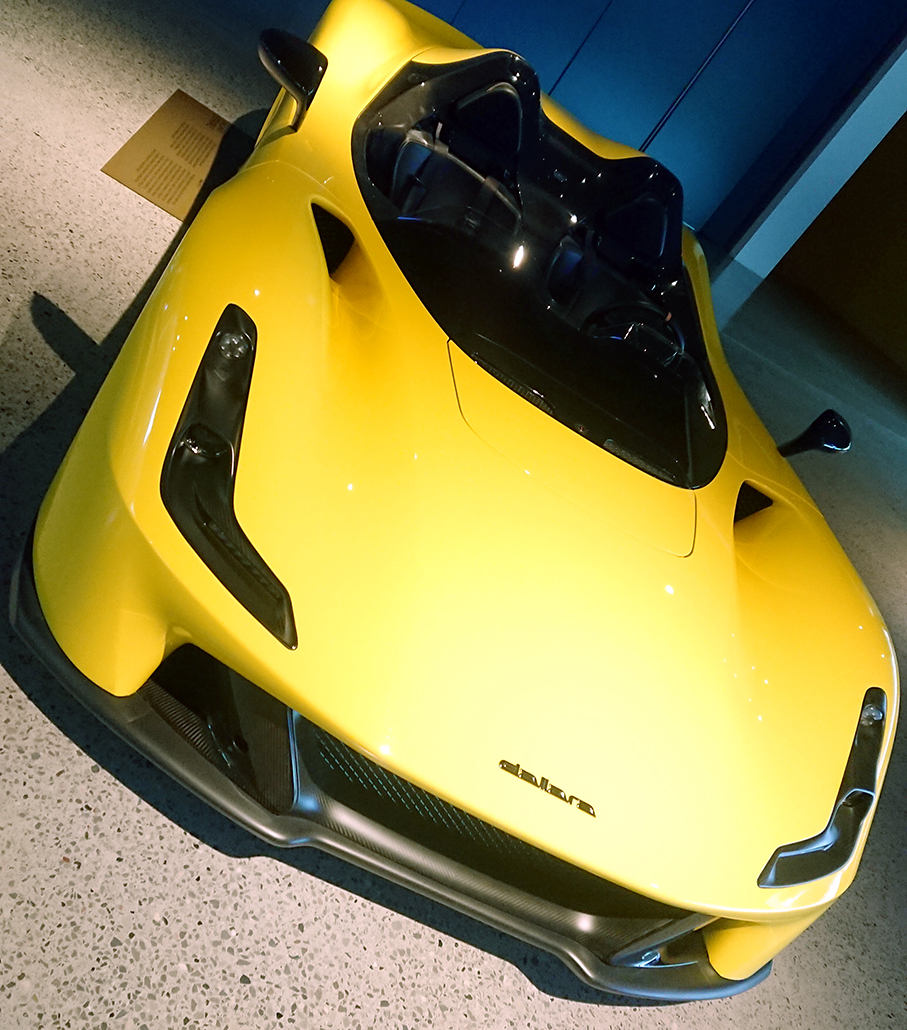If you are a passionate of racing and supercars, in Varano de’ Melegari, a small Italian town in the province of Parma, at the Dallara Academy you can visit the exposition of many of supercar models created and produced by the historical Italian automotive manufacturer along the years.
If you are lucky enough to have a guided tour of the manufacturing site, you will also be allowed to visit the area dedicated to the modeling of prototypes, the wind tunnel and the section where components and parts are produced using additive manufacturing with stereolithography 3D printing technology. Very interesting, due to the delicate controlled temperature processes involved, is then the section dedicated to the production of carbon fiber components, automotive parts and car bodies.
Carbon fiber is a ultra light and highly resistant material, and Dallara realized its first carbon fiber monocoque in 1985. Today, the components are created using carbon fiber sheets pre-impregnated with a special resin that polymerizes at ambient temperature, and therefore stored at low and controlled temperatures between -18 and -20° C.
Multiple carbon fiber sheets are layered in a mould, depending on the thickness required of the component, and moulds are then closed and pressed in vacuum, in order to eliminare any possible air bubble. The carbon fiber is then heated in furnaces at temperatures between 100° and 150° C, under pressure. The temperature levels involved in the heating process of carbon fiber components are not really high, because as said above the material already starts its polymerization phase at ambient temperature.

Carbon fiber parts and components are then cooled at accurately controlled temperatures and times. Finally, the components are finished and quality checked, essential steps because once the carbon fiber is processed, it’s not possible to reuse it nor invert the process. In addition, the overall production is made manually, leading to the high costs of carbon fiber components.
Dallara also employs carbon fiber in form of carbon sandwiches, that provide a resistance to deformation under forces of 175 kg, and also special carbon sandwich honeycomb structures with aluminium, that increase deformation resistance up to forces of 500 kg.


Stay updated on the latest applications of thermal energy management by subscribing our monthly Tempco Newsletter – Solid Temperature.
